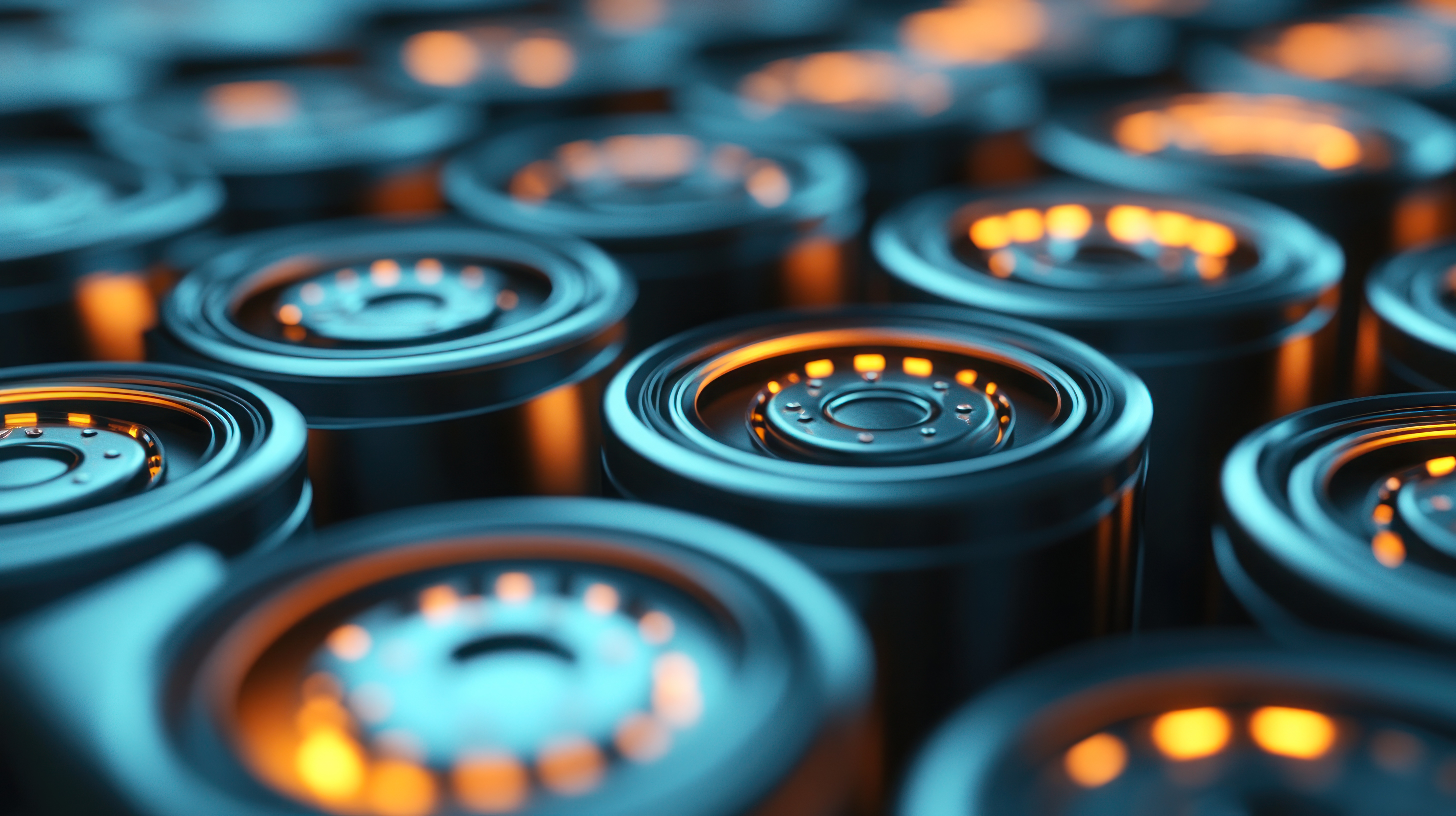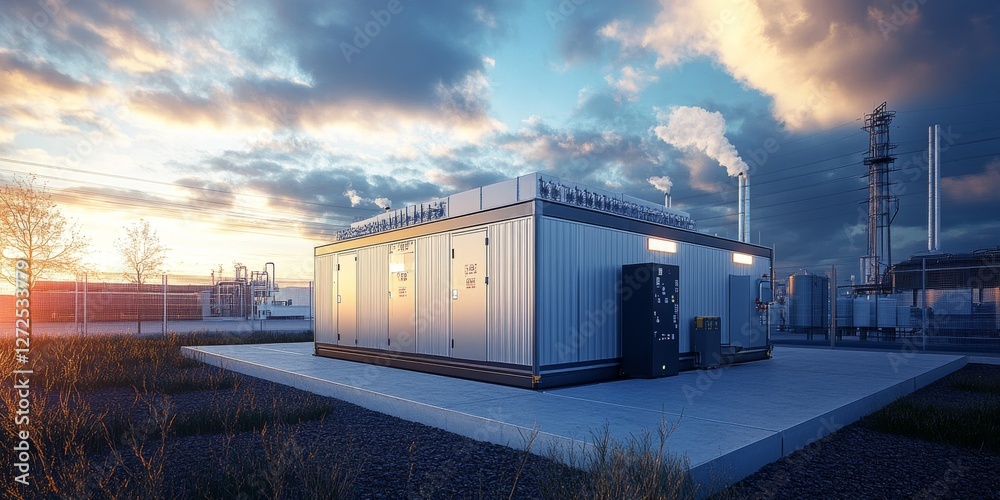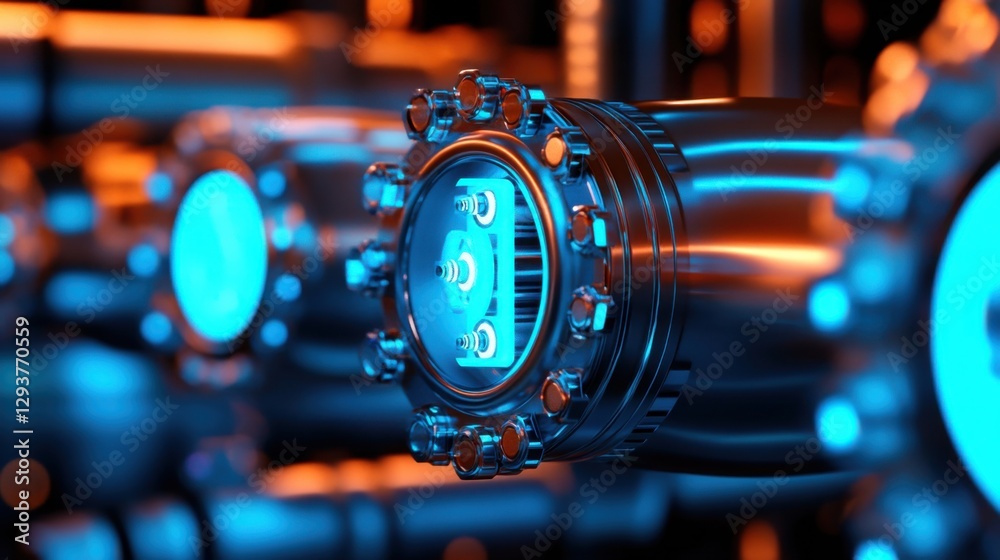Lithium Air Batteries

Building a more sustainable and resilient energy supply chain
To meet global electrification targets and accelerate new technologies, we need a clean energy transition. However, current battery technology is holding back progress.
Current batteries cannot support the full electrification of existing industries, let alone meet the demands of new 21st century innovations. Beyond their limited capacity and efficiency, they rely on scarce raw materials with fragile and environmentally damaging supply chains.

600mpeople could gain access
Low-cost batteries could provide access to electricity to 600 million people who currently have no access. Advanced batteries could also result in 30% reduction in carbon emissions in the transport and power sectors by 2030.

6xenergy storage needed
To triple global renewable energy capacity by 2030 while maintaining electricity security, energy storage capacity will need to increase six-fold.

4xdemand for minerals
To scale today’s batteries to achieve net-zero would require a quadrupling of access to critical minerals – many of which are rare, geopolitically sensitive and unsustainable.
We need a new leap in energy storage innovation
The next evolution in battery technology must address a complex set of challenges spanning science, engineering, markets and policy.

Areas like long haul transportation, aviation and drones, and satellites and space technology are all limited by the range and constraints of current battery technology.

Much more energy dense storage is needed to unlock the full potential of disruptive innovations like air taxis and autonomous vehicles.

Current battery technologies rely heavily on scarce minerals like cobalt and nickel, which have environmentally harmful and geopolitically sensitive supply chains.

The cost of clean energy is a major barrier for innovation and economic growth in many sectors, particularly those in low- and middle-income countries.
Building the next generation of energy storage
Our team is exploring the potential to develop and commercialise a breakthrough energy storage technology.
- Forming strategic partnerships with industry leaders and startups.
- Bringing together leading experts spanning electrochemistry, materials chemistry and cell and electrode engineering.
- Building a team spanning both research and industry talent - empowering experts not only in core technical domains but in operations, strategy and commercialisation.




